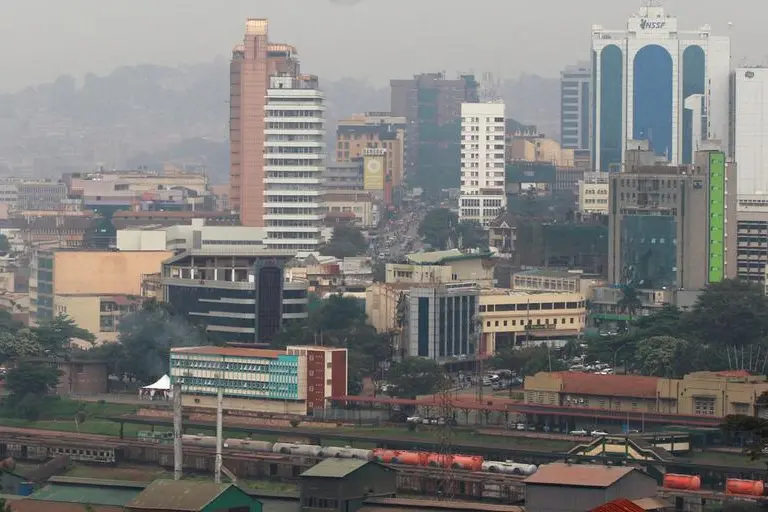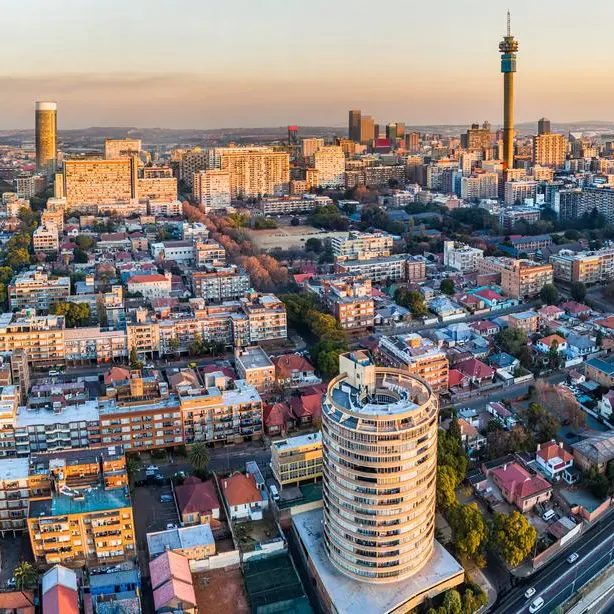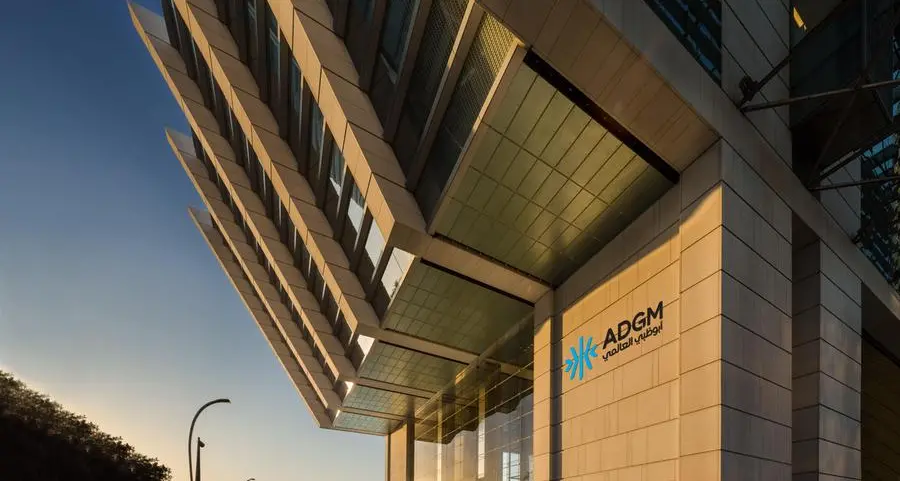PHOTO
Uganda’s Quality Chemical Industries Ltd is fronting a $51 million debt refinancing deal to its shareholders, inspiring some kind of stock market enthusiasm in an electioneering season in the country.
This credit facility comprises a $36 million loan meant to finance the construction of a second pharmaceutical plant in Kampala City and a $15 million working capital loan intended to plug short-term cash flow gaps in the company’s operations.
Stanbic Bank Uganda is to provide the facility, subject to approval by the company’s shareholders at the upcoming annual general meeting (AGM), according to regulatory disclosures filed by the listed drug manufacturer.“The borrowing will fund the construction of a new factory, significantly enhancing our production capacity. This expansion will support increased output of existing products, the introduction of new product lines, and alignment with evolving treatment preferences, particularly injectables,” reads a statement by Quality Chemicals.
Calvin Bateme, an equity analyst at Crested Capital, said the move could benefit from the fact that the firm won’t suffer exchange rate losses -- for now -- given the Uganda shilling has been fairly stable.“It would be a good idea to provide a foreign currency hedging tool against its dollar loan facilities. There is also new competition to contend with in the local pharmaceutical market. Though the company’s dividend policy has improved and the share price has registered steady gains, its share price might not hit more than Ush100 ($0.028) this year, because of limited information flow between the company and its investors,” Mr Bateme said.
Coming in an elections campaign season, however, foreign currency risks are likely due to jitters, significant capital flight, shilling depreciation, and higher import inflation, which often arise during electioneering seasons.
Uganda goes to the General Election in January 2026. Presidential nominations are scheduled for October 2025, according to the Independent Electoral Commission (IEC) calendar.
Weak credit ratings suffered by Uganda’s economy last year means credit is still expensive for government and local companies seeking such facilities in the international market.
On May 17, 2024, Moody’s credit rating agency downgraded Uganda’s sovereign rating from B2 to B3 and revised the outlook from negative to stable. This downgrade was attributed to the country’s weakened debt affordability, driven by an increased reliance on higher-cost sources of financing.“The resulting rise in borrowing costs widened Uganda’s debt affordability gap relative to its peers. Following the downgrade, the Ugandan Shilling experienced significant depreciation, weakening from UGX 3,760 to UGX 3,830 by Monday, May 20, 2024…” reads an excerpt from the Uganda Bankers Association Annual Report for 2024.
Quality Chemical Industries’s total sales revenues increased from Ush265 billion ($73.4 million) in March 2024 to Ush267 billion ($73.9 million) in March 2025. The company’s total cost of sales rose from Ush175.9 billion ($48.7 million) in March 2024 to Ush158.6 billion ($43.9 million) in March 2025.“The macroeconomic factors may be important, but the microeconomics of this market does affect Quality Chemical’s performance a lot more. Will the new drugs produced at the new plant enjoy mass market appeal? Are the product unit prices sufficient to protect the company’s target profit margins? Business expansion is good, but revenues must back it to justify it to investors,” said a senior executive at Xeno Uganda, who requested anonymity, citing confidentiality rules.
The company’s share price rose from Ush52 ($0.014) recorded at the end of June 2024 to a record high of Ush90 ($0.025) posted in the first half of 2025.
© Copyright 2022 Nation Media Group. All Rights Reserved. Provided by SyndiGate Media Inc. (Syndigate.info).




















